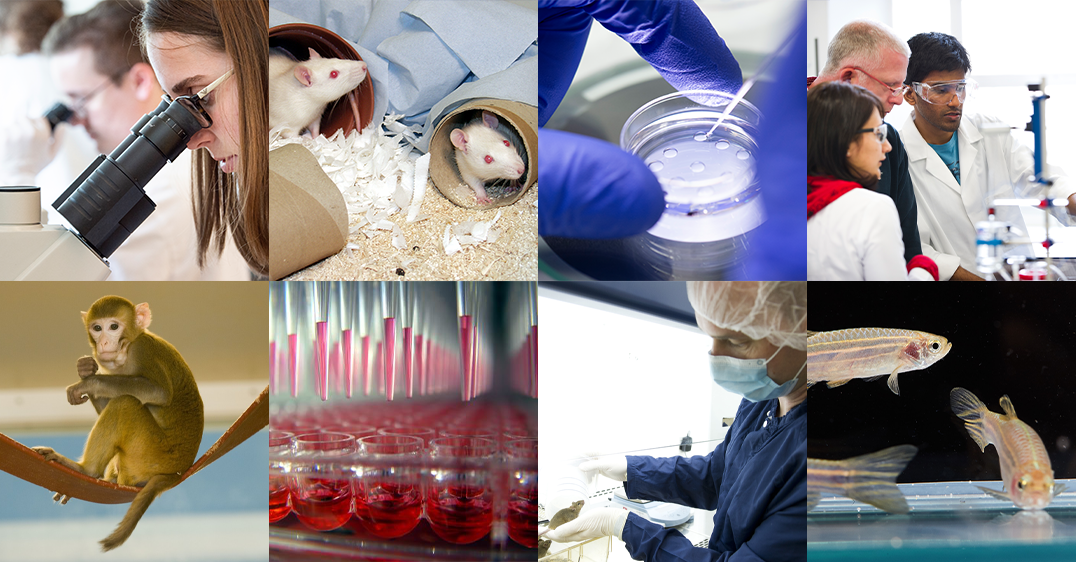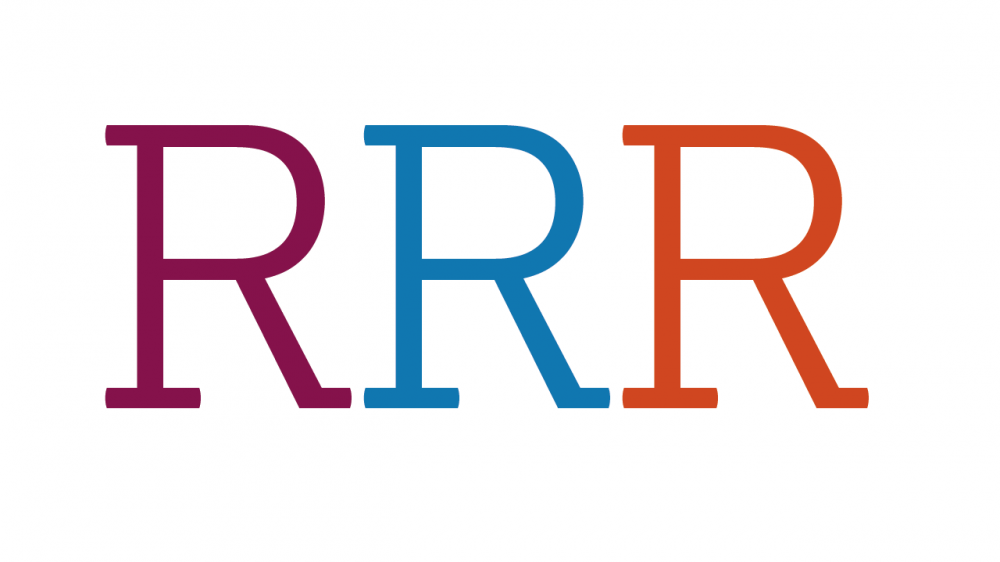What we do

The NC3Rs was established in 2004 to accelerate advances in replacing, reducing and refining the use of animals in research and testing (commonly referred to as the 3Rs).
We work with the scientific community to replace the use of animals through the development of new approaches and technologies. Where the use of animals is unavoidable, we work to reduce the number of animals used in each experiment and to minimise any pain, suffering or distress that the animals may experience. The latter is referred to as refinement and it applies not only to the scientific procedures that are conducted on animals but also how they are bred, transported, housed and cared for.
We deliver advances in the 3Rs in six main ways:
- We fund 3Rs research to support the development of new models, tools and technologies through grants to scientists in universities and awards for early career researchers. We provide a dedicated publishing platform – the NC3Rs gateway in collaboration with F1000 Research – to enable those that we fund to describe their methodologies in sufficient detail to allow others to critique or repeat the work.
- We support innovation in the 3Rs through our CRACK IT Challenges funding competition. This connects big business with small and medium-sized enterprises and academic researchers to develop 3Rs approaches that can be commercialised into products and services.
- We train early career researchers so that they have an excellent understanding of, and commitment to, the 3Rs from the start of their careers. We also provide a range of e-learning resources for all levels of researcher to support high standards in the use and care of animals in scientific procedures and award CPD points for attendance at the events (virtual and in-person) we host.
- We employ our own staff to undertake desk-based research projects to identify new opportunities to put the 3Rs into practice. The projects often focus on the sharing of data (e.g. between companies or research groups) and synthesising recommendations and guidelines that lead to changes in policy and regulations on the use of animals in research and testing. Our staff-led programmes include work to improve the design, analysis and reporting of animal experiments, dedicated activities to champion animal welfare, and a range of projects in collaboration with industry to embed the 3Rs in the safety assessment of chemicals, pharmaceuticals and consumer products.
- We offer services to other organisations. This includes our peer review and advice service, provided to funders to help ensure that the 3Rs are fully embedded in the proposals that they receive for research using dogs, cats, horses, pigs or non-human primates. We also have a Training and Engagement team that facilitates the uptake of the 3Rs into research practice by providing training, advice and support to institutions across the UK.
- We provide comprehensive online information to help researchers, animal care staff and vets, as well as other members of the scientific community, put the 3Rs into practice. This includes specialist tools like our Experimental Design Assistant that assists researchers in designing experiments using the minimum number of animals.
We have a budget of approximately £10M a year with core funding from the MRC and BBSRC which are part of UK Research and Innovation. We also receive funding from other organisations in the public, charitable and commercial sectors for specific research calls and financial support for posts and projects.
Although set-up as the UK’s national centre much of our work is international, with collaborations with organisations from Europe, North America and Asia. We work with funders, research institutions, regulators, industry (chemical, pharmaceutical and consumer product companies) and learned societies/professional bodies. We have active partnerships with other 3Rs centres. You can find much more about all of our work, including the grants we award, in the “Our portfolio” section of this site.
The principles of the 3Rs and how the NC3Rs defines each of the 'R's.

